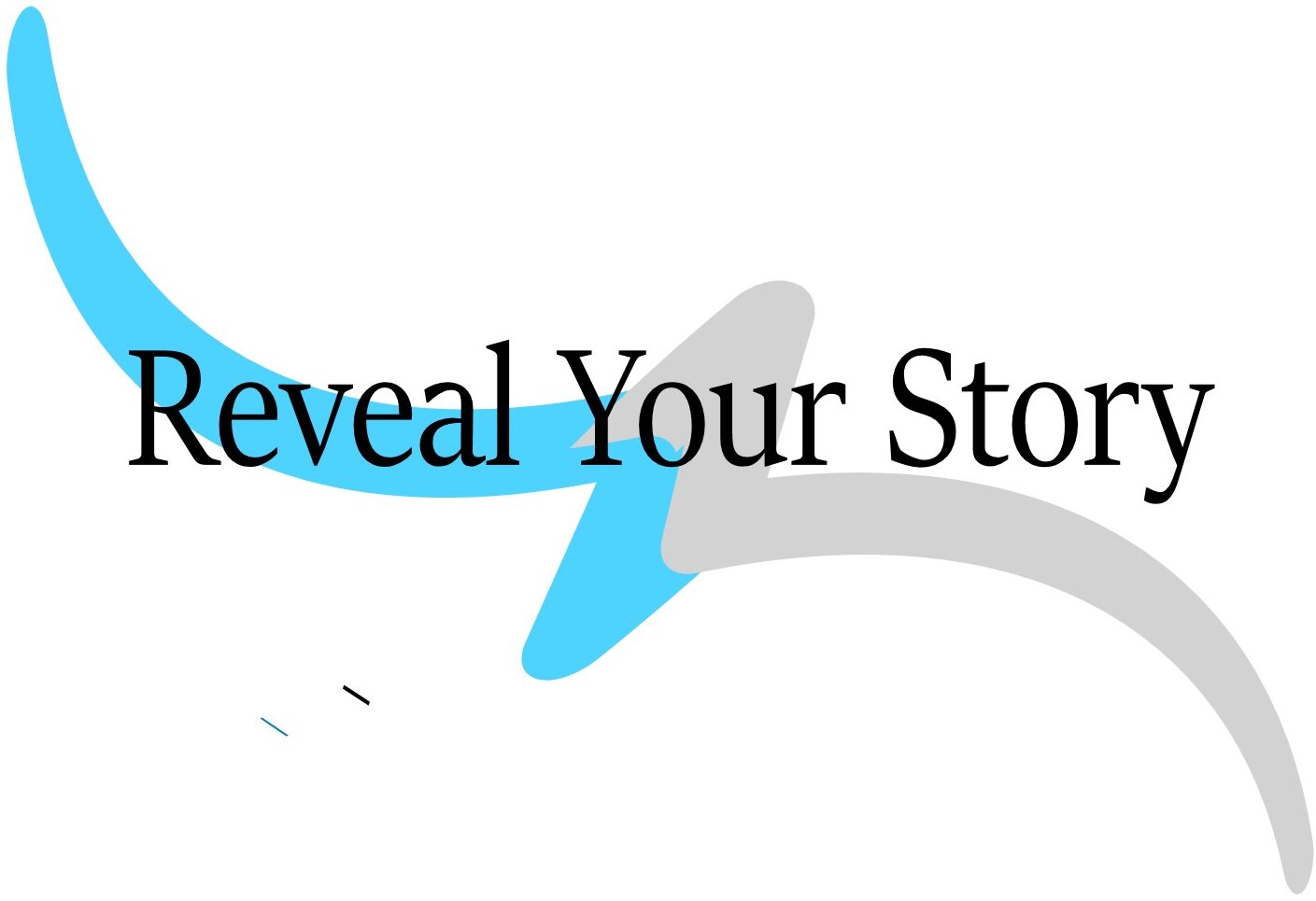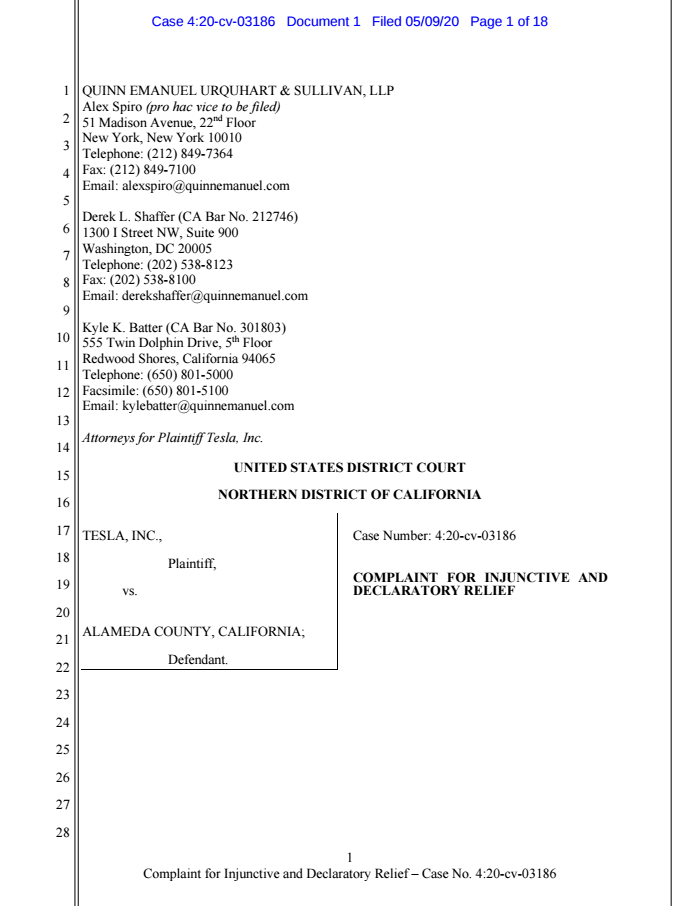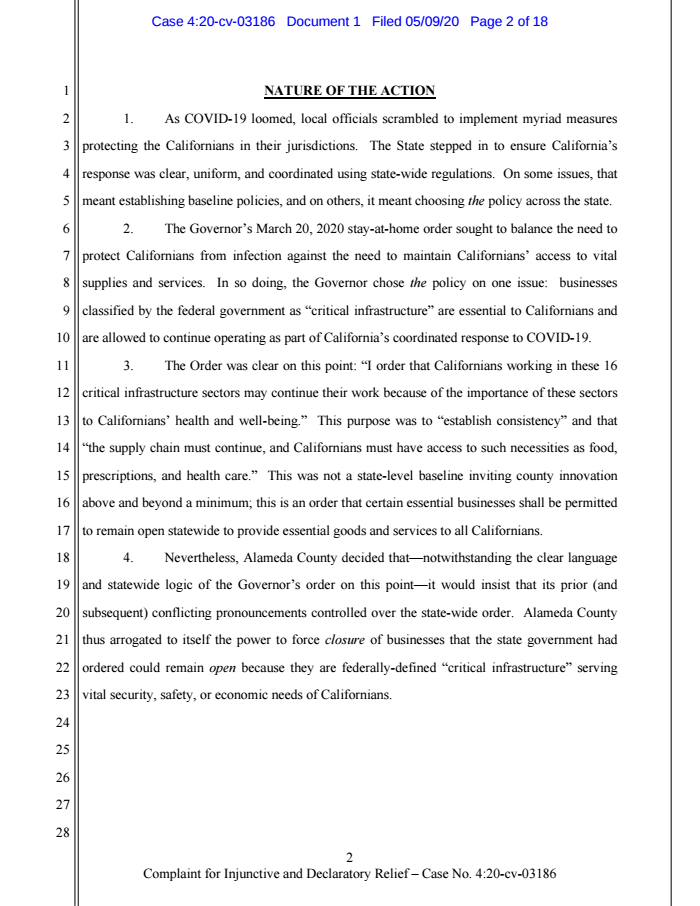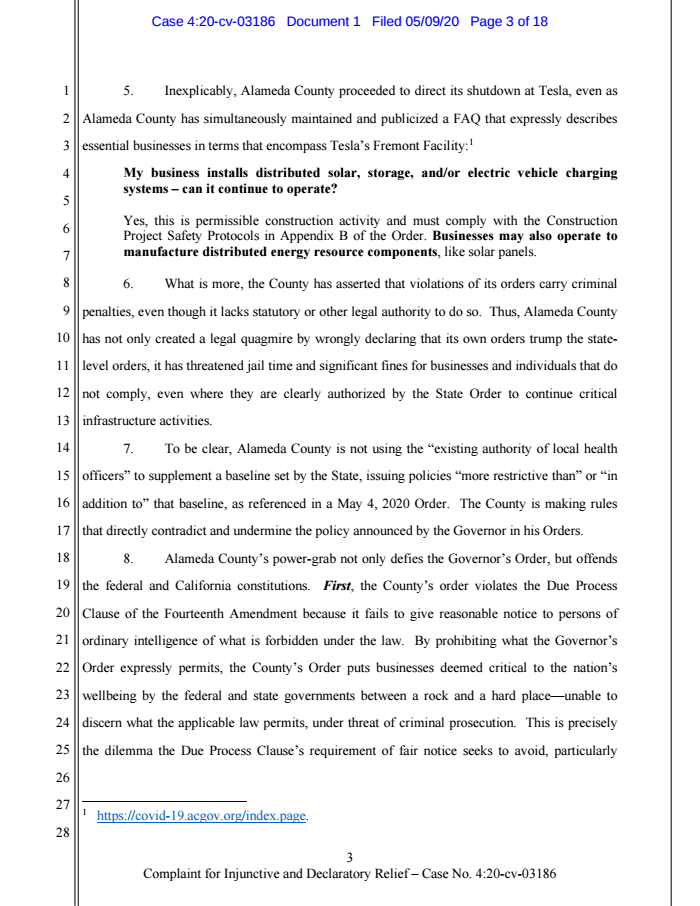Everybody is a Genius. But If You Judge a Fish by Its Ability to Climb a Tree, It Will Live Its Whole Life Believing that It is Stupid — Albert Einstein
Education is the key but is school delivering that for everyone? The farther you go with school, the more esteemed you are, the more successful you seem and the more money you are supposed to make right? The issue I have with the school is that the system does not work for some people unless you are willing to change who you are to fit in. It works for a select few and everyone just gets by with no idea of how the classroom is destroying them and this starts from a young age. Just keep reading you will understand what I am saying.
*If you’re a teacher you probably will be offended, but my issue is with the system. I had teachers growing up that were just awesome people but at the end of the day they had to listen because they could not afford to be fired.
*Also my wife reads stuff like this and has an opposite perspective and that is ok because I don’t need or expect the world to agree with me. School was awesome to her and that’s fantastic. But for all the kids that school broke down and they just get tossed to the side feeling like dummies… this is for you!
1. Put Your Hand Up and Tell Me The Right Answer
School demands that you raise your hand if you have the right answer. It often implies that there is only one correct answer. When you think of something good and express yourself, you get shot down for being wrong. I remember the feeling of approaching an answer from a different perspective and being shot down. Why try again? Why put any effort in? Then when you speak up and say that you don’t like something, you get shamed in front of the class. Shame is how bad systems make sure you get back in line.
2. Your Teacher Knows It All
You don’t realize this until you get old and your friends start becoming teachers. You realize that some people that become teachers are not the know-it-alls you thought teachers were growing up. Does this open up the door for brainwashing of false ideas? Of course it does. If you’re an idiot all your life and you become a teacher, what are you going to teach the future adults of the world? Teachers deserve respect, but every word they say should not be taken as Gospel.
3. We Will Prepare You For a Job
When you go to school, the goal is that you follow the rules and then when you are done and have some pieces of paper to your name, you will be rewarded with a job that pays you well and offers some impressive benefits. This made complete sense during the industrial revolution when most people worked in factories.
Most jobs require you to use your brain now and not just follow rules. The world does not need zombies; it needs people who can think on the fly and following rules and meeting syllabus expectations does not teach you to think for yourself.
The school system does a great job of getting people ready for more school. The best choice you can make after high school is college, the best choice after college is to get your masters because that is what you are most prepared to do. The schools are not preparing students to go out and deal with real life.
4. No Networking Skills
What is more important in life: perfect grades or having a massive network? Most people realize quickly after graduating that you should spend much more time networking than trying to just have good grades.
School provides plenty of opportunities to teach about networking, but there is no such thing in most schools. It is as simple as introducing a student that is struggling with math, to your other friend that loves math. You are now a connector and a person people turn to when they need to be hooked up. A valuable skill indeed!
5. Bully The Kids The System Doesn’t Like
The only reason I was never booted out of the system is that I have two parents that cared and they fought like hell for me. When I was young, school was hard. I hated that teachers thought they could just say anything about me and I had to take it because they were the teacher. Some of the most discouraging words I can remember have come from teachers.
Don’t hang around “Ian Warner” he will make you a bad apple. A teacher said that in front of my whole class. I was not bad, but I just did not conform. There is a huge difference. From one comment, I lost all my friends in one day. When you’re nine, that is brutal. The only thing that matters when you’re nine is your friends.
6. Life Skills Don’t Matter
You better know Y=Mx+b but don’t worry about mortgages, loans, stocks, personal savings, cooking, laundry or any other basic skill. Here is the kicker, though; some people would say those things should be taught at home, well who taught your parents that stuff? You see how the system will get you if you don’t have the ability to think for yourself and go get the knowledge you need?
After elementary school, it’s like things just get hard for the sake of making school harder but not actually for being able to provide value to your life. I remember doing so many glossary quizzes in history class growing up. What is that doing for me now exactly?
7. Time Management is Non-Existent
There should be entire classes on time management. Isn’t time more valuable than money? Schools try and say they prepare you to make money but never teach you to manage your time?
I learned how to manage my time by living in another city than the school I went to. I had to wake up at leave by 6:30 AM to get there on time. After school, I took the train to the other side of the city for track practice. I learned how to manage my time outside of school by accident.
8. It Does Not Matter What You Eat
Here is the tough one. Most teachers themselves have no idea what to eat, so I already know they couldn’t do this even if they tried but regardless it makes no sense. You want to prepare me for life, but eating is not a part of life? Is eating not a part of success? I learned about eating well by running track, not from school.
9. Aim for Perfect
Everyone knows that kid that grew up with straight A’s and had everything lined up perfect through life. They get to college and get a B. They crumble inside, get depressed and party hard. This is due to never learning to deal with failure.
Failure is a part of life, and school should challenge you to fail as often as possible. It does the opposite; it makes you feel like you have to be perfect to be successful even though no one is perfect.
10. No Expression of Self
I am not talking about the way you dress or anything like that. I am talking about actually being able to articulate your thoughts with no fear. To be able to be confident in whom you are and not feel like you have to be what the system wants you to be.
11. No Self-Control
There should be entire classes on self-control. I mean your hormones are RAGING in high school, but I’m in history learning about all the powerful white dudes in this textbook instead? Teach me about myself. How can an individual master knowledge when they can’t be a master of self?
I specifically point to history because when you open texts books and see that no one ever looks like you. That’s an immediate turn-off, so you focus on other things. Oh except February where you get to be the expert because of the color of your skin you better know all the answers; regardless of the fact that you grew up with the same textbooks as the rest of your class.
12. Think Smaller Please
An A student says they want to be a doctor and everyone encourages them. Another student Ds and wants to be practically anything, and they are discouraged regularly.
Most teachers in my life tried to tell me that I should not focus on sports at all. Why? Why would a teacher want to take something I excel at and tell me to let go of it? I learned more about life being an athlete than I did in the classroom. If I were to fail at my athletic dreams, I would get a lesson out of it.
A teacher should only be concerned with helping students to think bigger. Why not? It makes no sense why teachers want kids to aim for less. If I had listened to my teachers I would not be an author, have a college education, and my self-confidence would be nonexistent. Sadly, I know people still trying to shake the system off of them to this after years of not being in school.
13. A Teachers Job is to Teach?
Teachers should just be called guides because that is what they should do. Kids are smart, and they will tell you exactly what they want to learn. Let the kids set the pace of the classroom. If a kids wants to learn about animals let them go learn about them. If a kid is not feeling math but they want to dance let them dance. We are born naturally wanting to learn, it is other people that ruin this.
This is terrifying to people though because there is no control and remember school is about getting you in line and doing what you are told. There is a reason that you can’t go anywhere in primary school without getting in a line first.
14. Be Well Rounded
You never need to be well rounded. Do you go to a nutritionist and ask them to do your taxes? You don’t need A’s in everything; you just need to focus on the things that you are excelling at. Doing this would make school much more bearable for students because it is ok to have weaknesses.
15. No Brainstorming.
Classes should be roundtable discussions. Let everyone throw ideas out there and do research to support what they think. One thing I learned being in sales is that you don’t need to be right, you need to be able to back your answer up and be CONFIDENT.
Again, I grew up having some teachers that I will always remember in a good way, but it was because of who they are as people. Parents send their kids to school thinking school is getting them ready for life. It is not always doing this! The school is getting kids ready to go work at FORD on the assembly line that is now operated by machines.
To produce adults, that can think, the system is going to have to change.
16. Forget About Your Strengths
In middle school my principal told my parents
“Ian has the ability to lead a pack to the edge of a cliff, step to the side and watch them as they run off.”
That is a direct quote. Every time I go back to Toronto my dad brings that up and we just laugh.
Here is the issue: Never once in the MANY conversations I had with this principal did he say, “Ian, you have the ability to lead your peers to do some great things.”
If you can lead people to do bad, then you can lead people to do good, but the school did not care about my strengths. They just focused on everything bad about me.
I see this in people all of the time. People whom barely graduate high school and they have something so special in them that years and years of school totally missed.
17. Arts Are Not As Important as Math and English
The only classes where you can think and be creative are labeled as not important? You have to do English every day because that matters, but the fact that you can move your body means nothing to society? Right, because we don’t have an obesity problem.
What the hell do you do when you’re one of the kids that are musically gifted, or you have the ability to draw? Welp, you’re dumb and you need to do better in math and English because society demands it! You can’t make money doing anything else anyway.
18. The System Worked For Them So It Better Work For You
To be a teacher you have to subject yourself to the system at some point to be one. You must graduate, and go off to University and teachers college and get good grades and then do what the school board tells you to do. That is how the system is protected.
I know some people will dislike the words in this article and that is ok if you do because I did not write this for you.
I wrote this for that kid sitting in the back of class wondering why he cant be him or herself.
I wrote this for the recent college graduate that is working a job and just hating life everyday.
I wrote this for the kids constantly told to be less and aim lower instead of the opposite.
You have to keep your eyes open and get back to being who you unapologetically. How are you going to apologize to a system that was not made for you for being you?
I had to fight for my ability to write. I was told for years that I could not and should not. I got to college and they would not even let me study Journalism because of my English scores. Yet here I am, this is our world today! You don’t need permission from anyone, you just have to do it.









